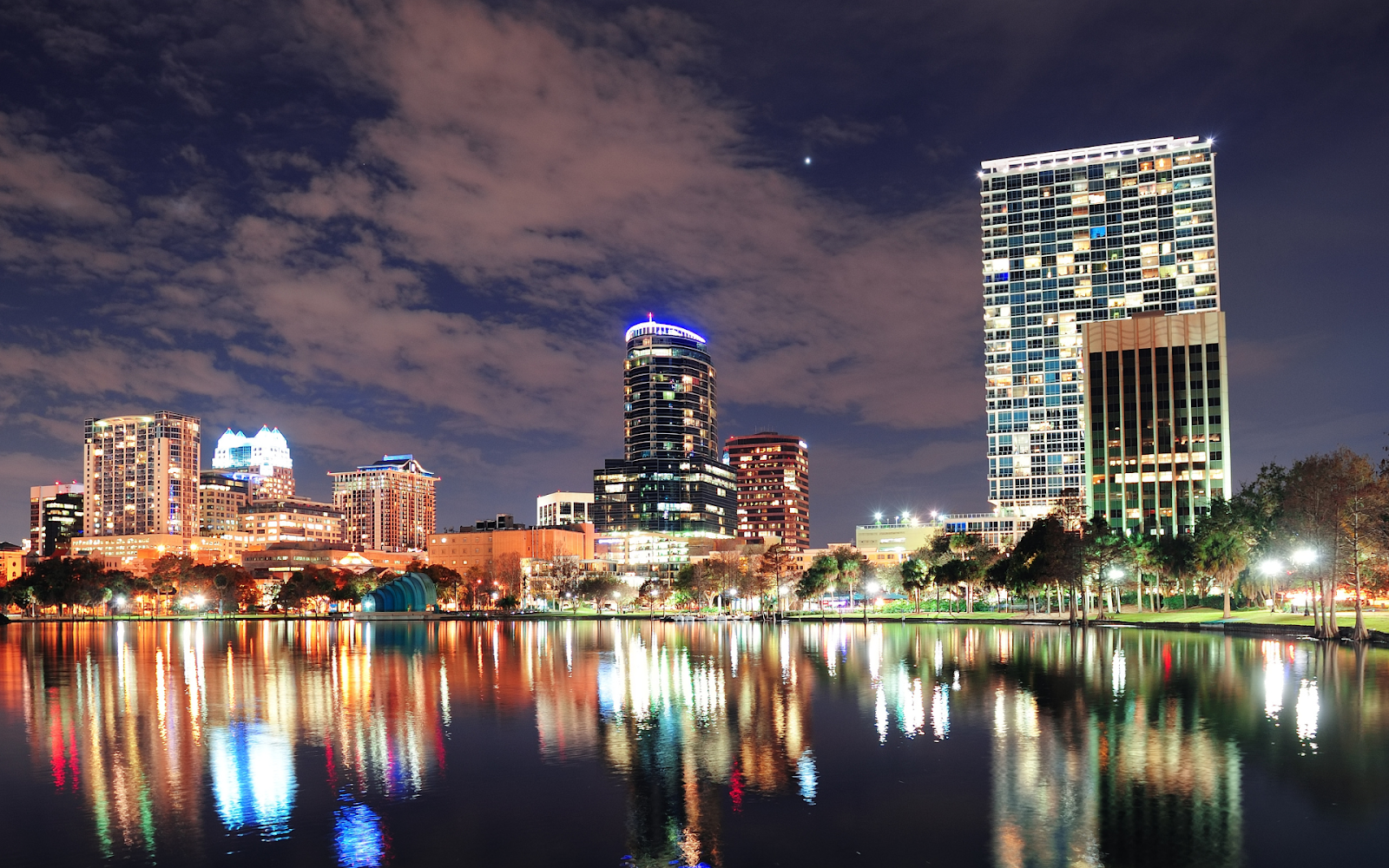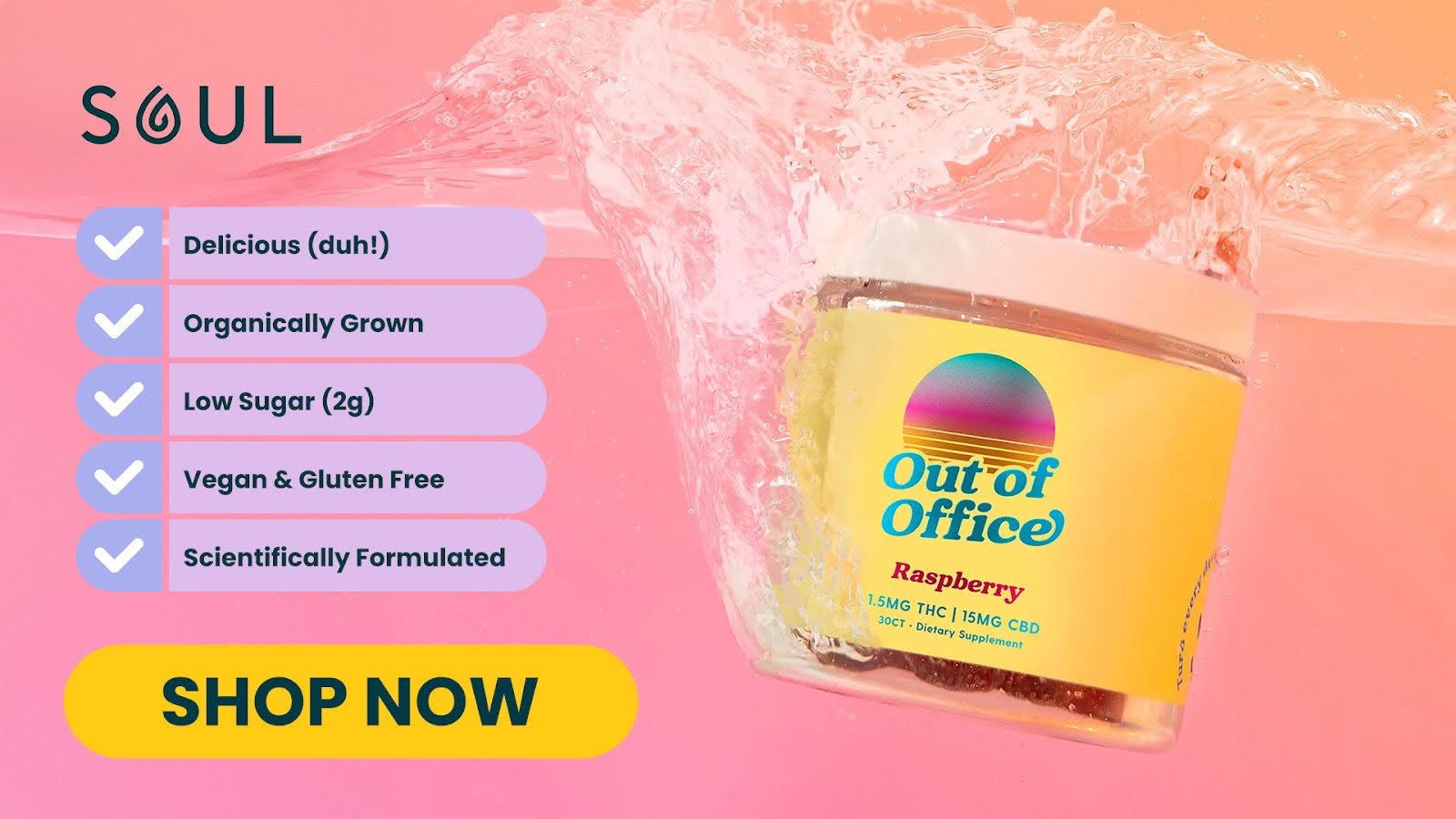
Key Takeaways:
- Legal Distinctions: Residents of D.C. can legally possess up to two ounces of cannabis and cultivate up to six plants, distinguishing between medical and recreational use.
- Federal vs. Local Law: The clash between D.C.'s local cannabis laws and federal restrictions highlights the complexity of navigating cannabis regulations on federal properties and for federal employees.
- Future Legislative Changes: Future changes to both local and federal cannabis laws may significantly influence the accessibility and regulation of THC in the District of Columbia.
At Soul, our top priority is to provide our customers with wellness products that meet strict regulations. Whether our products contain CBD or THC, we ensure that they are legal and safe for our customers to use. We also believe that providing legal and educational resources is crucial to making informed decisions and maintaining overall wellness.
In this article, we explore the intricacies of THC (tetrahydrocannabinol) legality in the District of Columbia. As the active psychoactive ingredient in hemp, THC's legal status varies significantly across different jurisdictions. This guide specifically looks into its status within D.C., differentiating between medical and recreational use, the current laws, penalties for possession, the impact of federal regulations, and the legal alternatives available. We will also consider what the future might hold for THC legislation in the District.
Understanding The Difference Between Medical And Recreational Use
The distinction between medical and recreational use of THC is crucial in comprehending the legal framework in D.C. Medical hemp has been legal here since 1998 when voters approved Initiative 59. This allowed residents with a physician's recommendation to use hemp for medicinal purposes. The program has expanded over the years, now including several dispensaries across the district that cater exclusively to patients with valid medical hemp cards.
Recreational use, however, followed much later. In 2014, D.C. voters passed Initiative 71, which legalized the possession and cultivation of small amounts of hemp for personal use by adults over the age of 21. It is important to note, however, that the sale of recreational hemp remains illegal due to Congressional interference. This creates a unique "gift economy" in the hemp trade within the city, where businesses can give hemp as a "gift" with the purchase of another item.
Current Laws Governing THC in The District Of Columbia
Initiative 71
This law allows adults aged 21 and over to legally possess up to two ounces of hemp, following its approval by D.C. voters in November 2014. Residents in D.C. are also permitted to grow up to six hemp plants at their homes, but only three of them can be mature at any given time. However, hemp remains illegal under federal law in public housing or federal land, which covers a significant part of the city.
Medical Hemp Program
Established long before recreational use, this program caters to patients with qualifying medical conditions. Patients must obtain a recommendation from a licensed healthcare provider and register with the D.C. Department of Health. Registered patients may purchase and possess larger quantities of hemp from licensed dispensaries, compared with recreational users who have limited access.
Prohibition On Public Consumption
It is illegal to consume hemp in any public space in the District of Columbia. Violations can lead to fines and, in some cases, arrest. This law is strictly enforced to maintain public order and respect the rights of non-users, especially in densely populated areas.
No Sale Clause
Despite the legal allowances for possession and cultivation, the sale of hemp remains illegal. This is primarily due to a congressional rider that prevents the District from using federal funds to facilitate a retail market. Consequently, a "gift economy" has emerged where hemp is provided as a complimentary item in exchange for purchasing non-cannabis products, circumventing the direct sale prohibition.
Penalties For THC Possession In The District Of Columbia
Possession Over The Limit
If an individual is found with more than two ounces of hemp, they may be charged with possession with intent to distribute, a much more serious offense than simple possession. This charge implies that the individual was not merely possessing hemp for personal use, but rather with the intent to sell or distribute it. The consequences for this can range from heavy fines to incarceration, with penalties increasing based on the amount possessed beyond the legal limit.
Public Consumption
Using hemp in public places is illegal and actively enforced in the District. If caught, the initial fine is approximately $500, but this can escalate with subsequent offenses. Habitual offenders may face not only increased fines but also community service or possible misdemeanor charges, which can include jail time depending on the circumstances and the offender's history.
Underage Possession
For individuals under 21, any possession of hemp is illegal and treated seriously by law enforcement. First-time offenders are usually directed to drug education and community service, but repeat offenses can result in increased disciplinary actions, such as higher fines and extended community service hours. Adults found providing hemp to minors face more severe repercussions, potentially including felony charges, particularly if they are repeat offenders.
Cultivation Violations
Residents are allowed to cultivate a limited number of hemp plants—up to six per household, with no more than three mature at any one time. Cultivating more than this limit, or growing plants where they can be seen from a public space (even if on private property), can lead to fines, potential jail time, and confiscation of the plants.
Impact Of Federal Laws On The District Of Columbia's THC Regulations
Continued Federal Illegality
Despite local decriminalization and legalization efforts, hemp remains classified as a Schedule I controlled substance under federal law. This classification means that on federal property within D.C., including national parks and federal buildings, the possession and use of hemp continue to be illegal and subject to federal penalties.
Congressional Oversight
The unique status of D.C. as a federal district gives Congress the authority to oversee and modify local laws, including those related to hemp. For instance, while D.C. voters passed initiatives to decriminalize and later legalize certain uses of hemp, Congress has used its powers to prevent D.C. from using its funds to establish a regulated retail sales system for recreational hemp.
Implications For Residents And Visitors
The clash between local decriminalization and federal prohibition creates a confusing scenario for residents and tourists. For example, someone legally possessing hemp on district streets could face arrest if they step onto federal property with it. Additionally, federal employees and those seeking security clearances must navigate these rules carefully, as federal law does not recognize local legalization.
Influence On Banking And Business
Banks, operating under federal regulation, often refuse to provide services to hemp-related businesses to avoid potential legal consequences. This leads to significant operational challenges, such as reliance on cash transactions, which can pose safety and logistical issues.
Legal Alternatives To THC in The District Of Columbia
For those interested in cannabis-related benefits without the legal uncertainties of THC, the District offers several options:
- CBD Products: Cannabidiol (CBD) has gained widespread popularity for its health benefits without the psychoactive effects of THC. In D.C., CBD derived from hemp with less than 0.3% THC is legally available and can be found in various forms, including tinctures, topical creams, and edibles. These products are often used to manage conditions like chronic pain, anxiety, and insomnia, offering a legal alternative to medical hemp without the need for a prescription.
- Delta-8 THC: Delta-8 THC is chemically similar to Delta-9 THC but with milder psychoactive effects. It is legally derived from hemp and available in Washington D.C. as oils, edibles, and vape cartridges.
- Kratom: Kratom is a herbal supplement from Southeast Asia that acts on opioid receptors to provide pain relief and mood enhancement effects. It is legally sold in D.C. in powder, capsule, and tea forms and is popular among people looking for alternatives to traditional painkillers.
- Synthetic Cannabinoids: These lab-produced chemicals are designed to mimic the effects of THC and can be found in products like incense or liquid for vaporization. While they are technically legal under specific conditions, their use is highly controversial due to significant health risks including severe side effects and unpredictable reactions.
Future Outlook On THC Legislation In The District Of Columbia
Potential For Commercial Sales
While Initiative 71 legalized the possession and cultivation of hemp, it did not legalize the sale of hemp due to Congressional interference. However, there is growing support among local officials and residents for establishing a regulated commercial market. If Congress lifts its restrictions, D.C. could see legally licensed dispensaries selling hemp, which would significantly alter the local cannabis industry and potentially increase tax revenues.
Reform Of Federal Laws
With increasing legalization of hemp across states, there is pressure on federal lawmakers to reevaluate the classification of hemp as a Schedule I controlled substance. Changes at the federal level could ease the legal conflicts between D.C.’s laws and federal regulations, particularly on federal lands and for federal employees.
Advancements In Medical Cannabis
As research into cannabis continues to grow, there may be further expansions in the types of conditions that qualify for medical hemp use in D.C. This could include more comprehensive programs and potentially new forms of cannabis-based medications being approved for use.
Impact Of Public Opinion
Public opinion has increasingly favored the legalization of hemp, which could influence local policies further. As residents of D.C. continue to show strong support for hemp reform, local lawmakers might push for more progressive laws to decriminalize or even fully legalize recreational use, aligning with trends in several other U.S. states.
Final Thoughts
For residents and visitors in the District of Columbia, understanding the legalities surrounding THC is crucial. With the current laws permitting personal use and cultivation but restricting sales, navigating the legalities of THC use in D.C. requires careful attention. As we've discussed, while you can legally possess and even grow hemp, purchasing it remains a gray area subject to Congressional oversight. Moreover, the impact of federal laws continues to complicate the use of hemp on federal properties and for federal employees.
Looking forward, the potential changes in both local and federal legislation could significantly alter how THC is regulated. This includes the possible establishment of a commercial market, changes in medical cannabis regulations, and shifts in public opinion that could lead to more progressive policies. Washingtonians interested in the use of THC should stay informed about these developments and participate in the ongoing dialogue about cannabis laws to ensure their rights and responsibilities are clear.
Read also:
Frequently Asked Questions About THC Legality In The District of Columbia
Can I consume THC at events in D.C.?
Public consumption of THC is illegal, including at events. Private events may allow it, but public venue consumption remains prohibited.
Is it legal to transport hemp across state lines into D.C.?
Transporting hemp across state lines is illegal under federal law, even if you are entering from a state where hemp is legal.
Can landlords prohibit hemp use in rental properties in D.C.?
Landlords can prohibit the smoking and cultivation of hemp on their properties, but they must specify these rules in the lease agreement.
Can I operate a vehicle while under the influence of THC?
It is illegal to drive under the influence of THC in D.C., and doing so can result in DUI charges.
What are the advertising restrictions for THC products in D.C.?
Advertising THC products is highly regulated in D.C., with prohibitions on targeting minors and limitations on public display ads.
How does D.C. handle hemp use and possession on college campuses?
College campuses in D.C. can enforce their own rules, which often prohibit hemp use and possession in accordance with federal funding requirements.
Can tourists legally purchase hemp in D.C.?
Tourists cannot legally purchase hemp due to the lack of a regulated sales system; possession through "gifting" is the only legal method.
What happens if you are caught with hemp on federal land in D.C.?
Possession on federal land is illegal and can lead to arrest and prosecution under federal law.
Are there limits to where hemp dispensaries can be located in D.C.?
Dispensaries must adhere to zoning laws that typically keep them away from schools and certain public areas.
Sources:
- Hansen, C., Alas, H., & Davis Jr., E. (2021, June 30). Where Is Marijuana Legal? A Guide to Hemp Legalization. US News & World Report. https://www.usnews.com/news/best-states/articles/where-is-Marijuana-legal-a-guide-to-Hemp-legalization
- Jones, C. R., & Sejati, Y. A. (2021). Marijuana Taxes: Federal and State Tax Updates. JOURNAL OF STATE TAXATION.
- Washington DC Hemp Laws | WashingtonDCCannabis.org. (n.d.). Washington D.C. Cannabis Information Portal. https://washingtondccannabis.org/laws
- Dorbian, I. (n.d.). Despite Some Stumbles, Total Sales In U.S. Cannabis Market Could Soar To $50.7 Billion By 2028, Says Top Researcher. Forbes. Retrieved October 18, 2023, from https://www.forbes.com/sites/irisdorbian/2023/02/15/despite-some-stumbles-total-sales-in-us-cannabis-market-could-soar-to-507-billion-by-2028-says-top-researcher/?sh=1f90e293164d
- Inc, G. (2021, November 4). Support for Legal Marijuana Holds at Record High of 68%. Gallup.com. https://news.gallup.com/poll/356939/support-legal-Marijuana-holds-record-high.aspx






